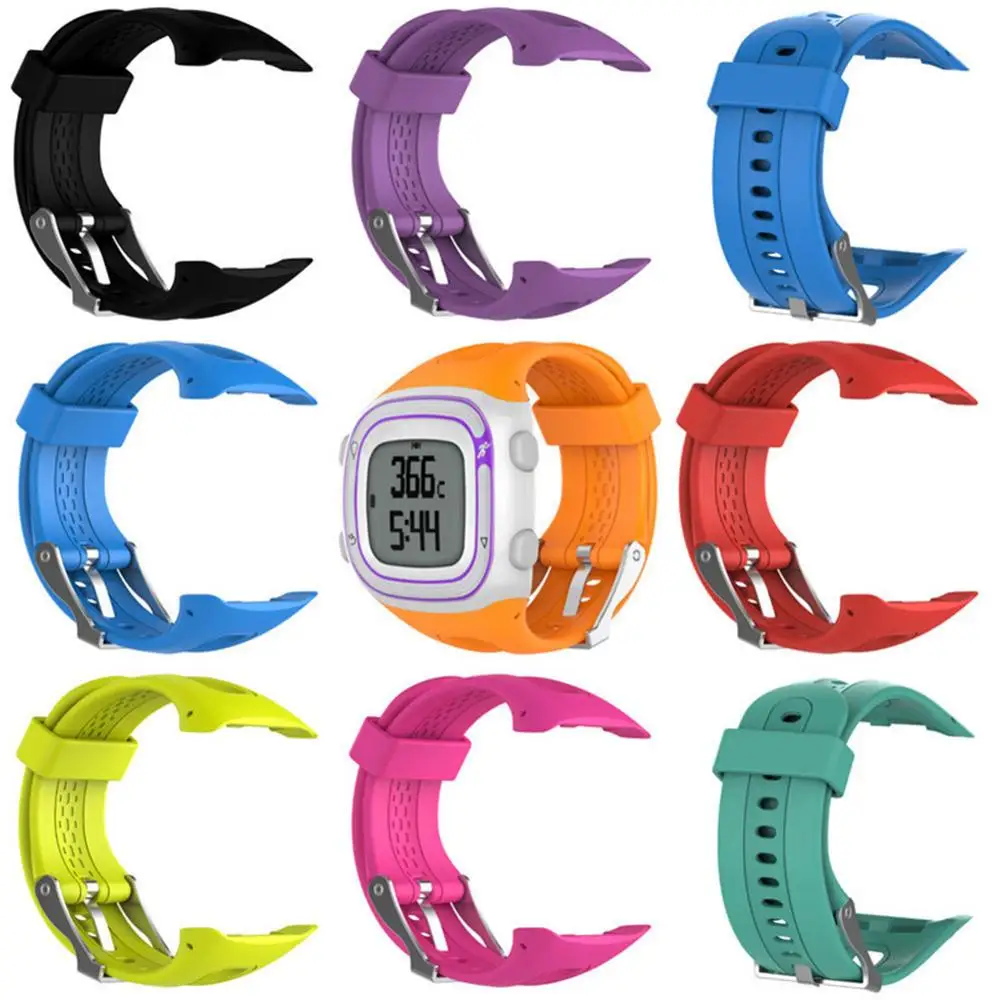Why Does Running Seem So Much Harder After Swimming and Cycling?
Introduction:
After engaging in swimming and cycling, many individuals find that running becomes significantly more challenging than usual. This phenomenon can be attributed to a combination of physiological and psychological factors.
Physiological Factors:
- Muscle Fatigue: Swimming and cycling primarily engage different muscle groups compared to running. When transitioning to running after these activities, the muscles involved in running (e.g., quadriceps, hamstrings) may be already fatigued, reducing their ability to generate power efficiently.
- Reduced Blood Volume: Immersion in water during swimming exerts hydrostatic pressure on the body, increasing blood volume in the limbs. This increased blood volume is redistributed upon exiting the water, leaving less blood available for muscle perfusion during running.
Psychological Factors:
- Perceived Exertion: The perceived effort required for running increases after swimming and cycling due to the pre-activation of certain muscle groups. This heightened sense of exertion can lead to premature fatigue and discomfort.
- Demoralization: The transition from the buoyancy of swimming or the low-impact nature of cycling to the more demanding biomechanics of running can be demoralizing, diminishing motivation and making running feel harder.
Conclusion:
The increased difficulty experienced when running after swimming and cycling is primarily due to physiological factors such as muscle fatigue and reduced blood volume, coupled with psychological factors like perceived exertion and demoralization. Understanding these factors can help individuals adjust their expectations and approach running differently after engaging in these other activities.
Related Questions:
- Why is running more tiring than swimming?
- Running requires greater muscle activation and ground force production compared to swimming.
- Does cycling make running easier?
- Cycling can improve cardiovascular fitness, but it does not directly strengthen the muscles used for running.
- How can I improve my running after swimming?
- Incorporate running intervals into swimming workouts and allow for adequate rest between activities.
- Why do I get out of breath faster when running after cycling?
- Cycling increases heart rate and breathing, which can persist for a period after the activity and affect running performance.
- How can I overcome the mental challenge of running after swimming?
- Focus on the benefits of cross-training and remind yourself that the initial discomfort will gradually subside.
Related Hot-Selling Products:
- Nike Running Shoes
- Garmin Forerunner GPS Watch
- Polar H10 Heart Rate Monitor
- Resistance Bands
- Foam Roller
Pre:Would cycling be an appropriate activity for rehabbing a mild groin strain
Next:What are the differences between Ohio University and Ohio State



















